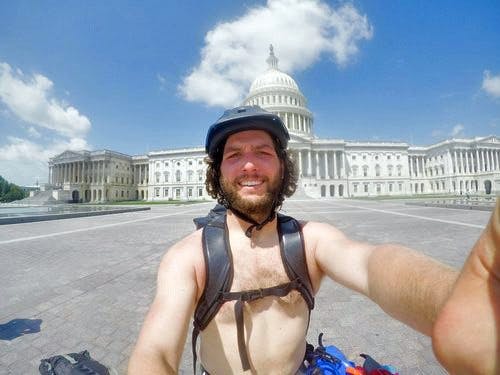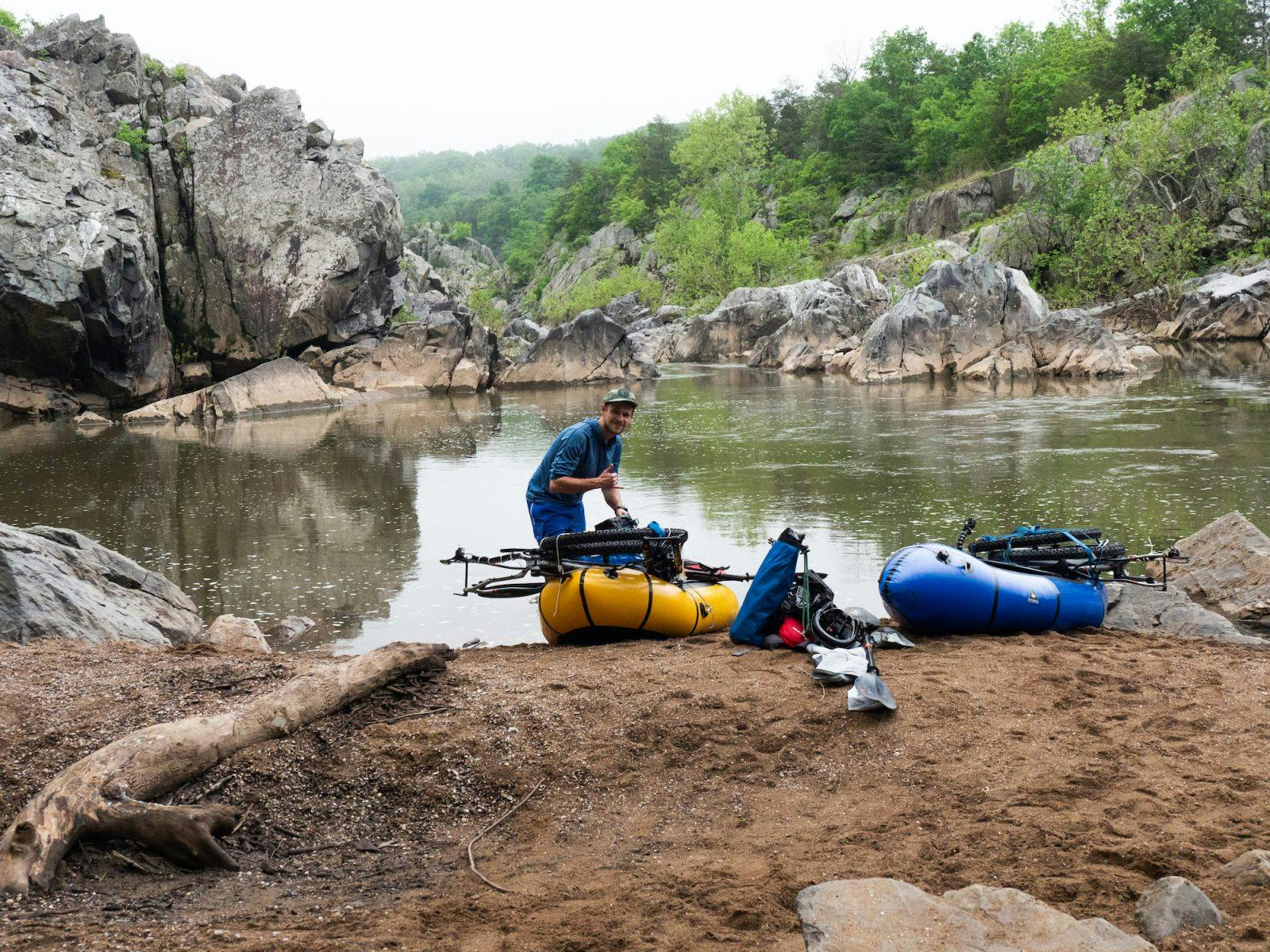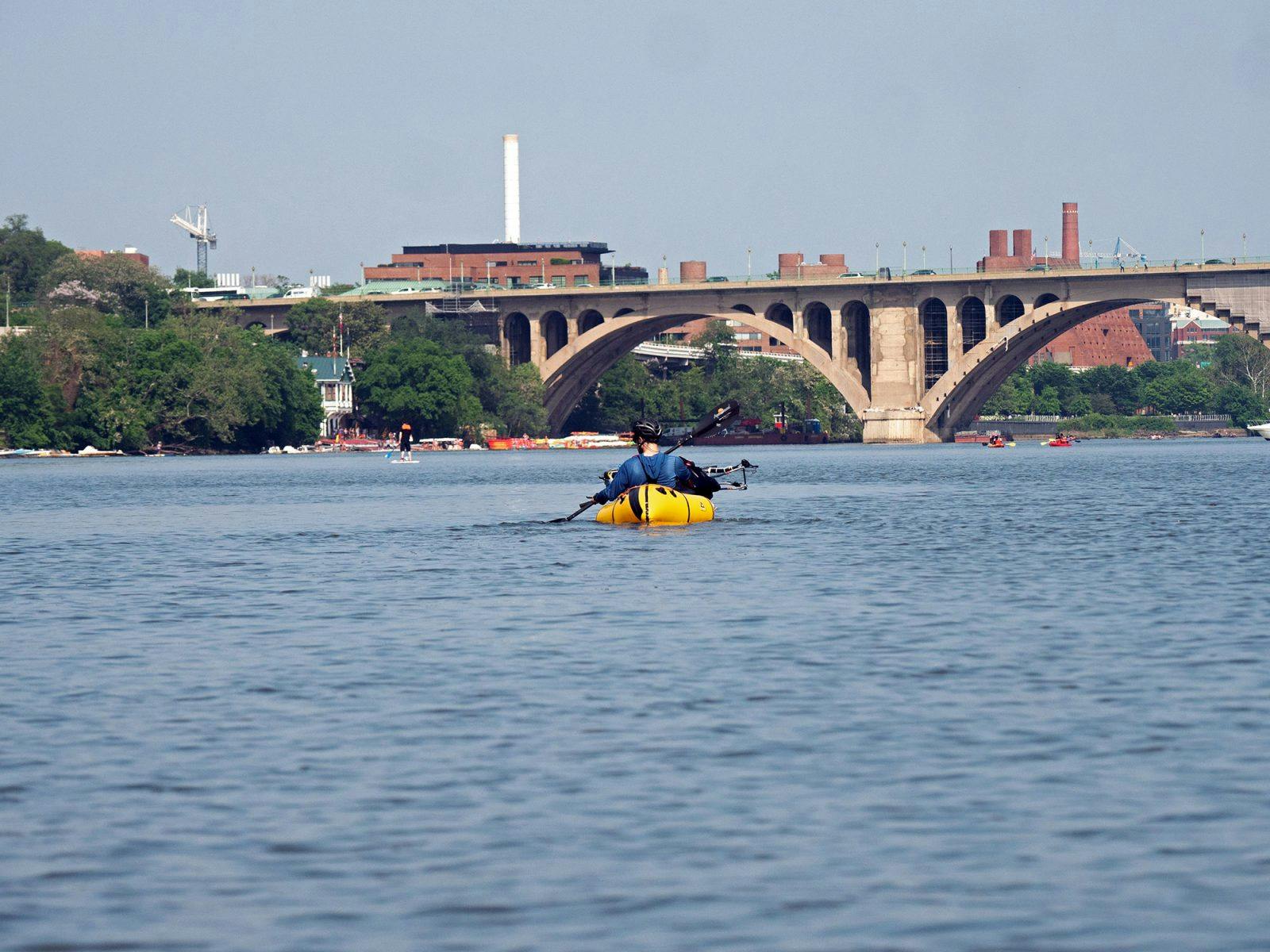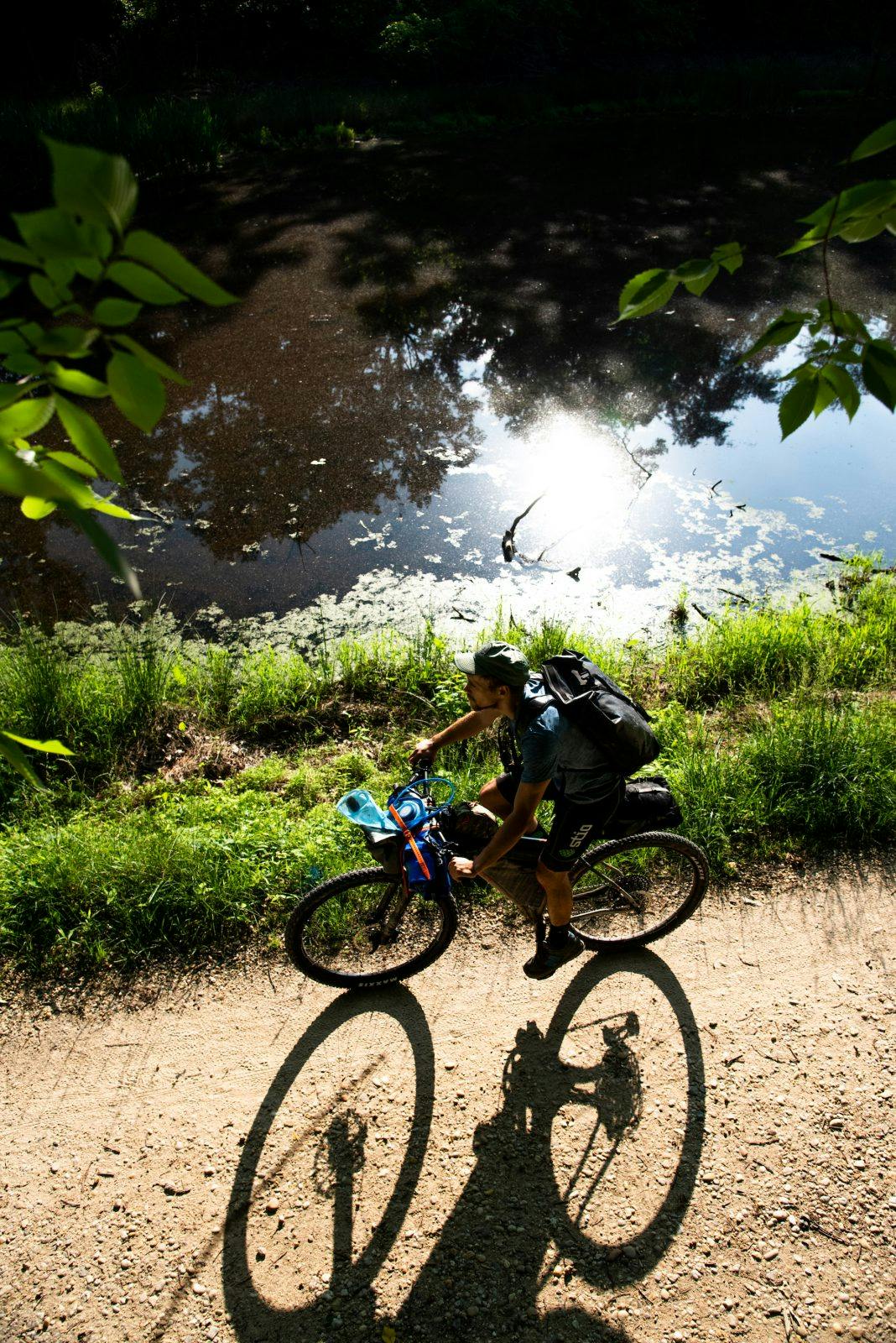"Reviving The Backyard"—A Film About Human-Powered Adventure & Friendship in the Nation’s Capital
An Urban Adventure Tale: Two Long-Time Friends Reunite to Make a Film About and Re-Explore Their Urban Home Town, Washington DC
Follow us on Instagram all this week to see more urban packrafting shots from this trip and others.

Born three months apart, and three doors down, Grant Horton and Michael Stevens were not exactly your neighborhood boy scouts. Countless pranks gone wrong, black eyes, and toilet papered homes—these two forged a friendship outside, and away from the eyes of their parents.
“Our bond is strong,” says Stevens. “Through our endless antics and explorations in space free from the control of others, in large part on the banks of the Potomac River, we put all that brimming adolescent energy to good use.” Today, the time spent playing in their backyards is best reflected in the depth of their appreciation and respect for the greater outdoors.
“Through this film, we hope to share our journey as we explore what lies beyond the horizon, in the hopes of inspiring others to get outside to create their own memories on ‘The Nation’s River,’” says Stevens. Equal parts trip documentation, conservation history, and policy discussion, this film will be the first of its kind set in this region.

Though they took separate paths—Grant is an environmental law student at UCLA, and Michael is an adventure filmmaker and photographer in the Rocky Mountains of Colorado—they have kept in touch, and have joined together to create new memories in and make a film about this vast backyard where they grew up. And they’re doing it via packraft.
“Our human-powered journey will take us down the Potomac River to the Chesapeake Bay,” Stevens explains. “The self-supported 200+ mile packrafting and bikepacking journey is the first of its kind in this area. By venturing into this urban ecosystem, we hope to bring awareness to the fight for public lands to America’s cities, suburbs, and urban households. We want to contribute to depoliticizing the issue; we want to make it relatable to people of all walks of life. By focusing on the historical health trends of the Potomac River, we seek to rally support for policy that protects our rivers and access to safe drinking water.”

The film will weave footage taken from the trip, current and historical interviews and footage, and fictional demonstrations to take the audience through a cinematic experience they have never experienced before. The film is set in a metropolitan area financially poised to recreate in the outdoors that lacks the experience to do so.
“We hope this film will inspire the inexperienced audience member to try something outside of their comfort zone, and, in doing so, deepen a connection to this ecosystem just outside their doorstep,” Stevens adds. “For the audience member that is comfortable and confident in the outdoors, we hope this will help them re-connect with their formative backyards, to find a voice and stand up for that ecosystem.
